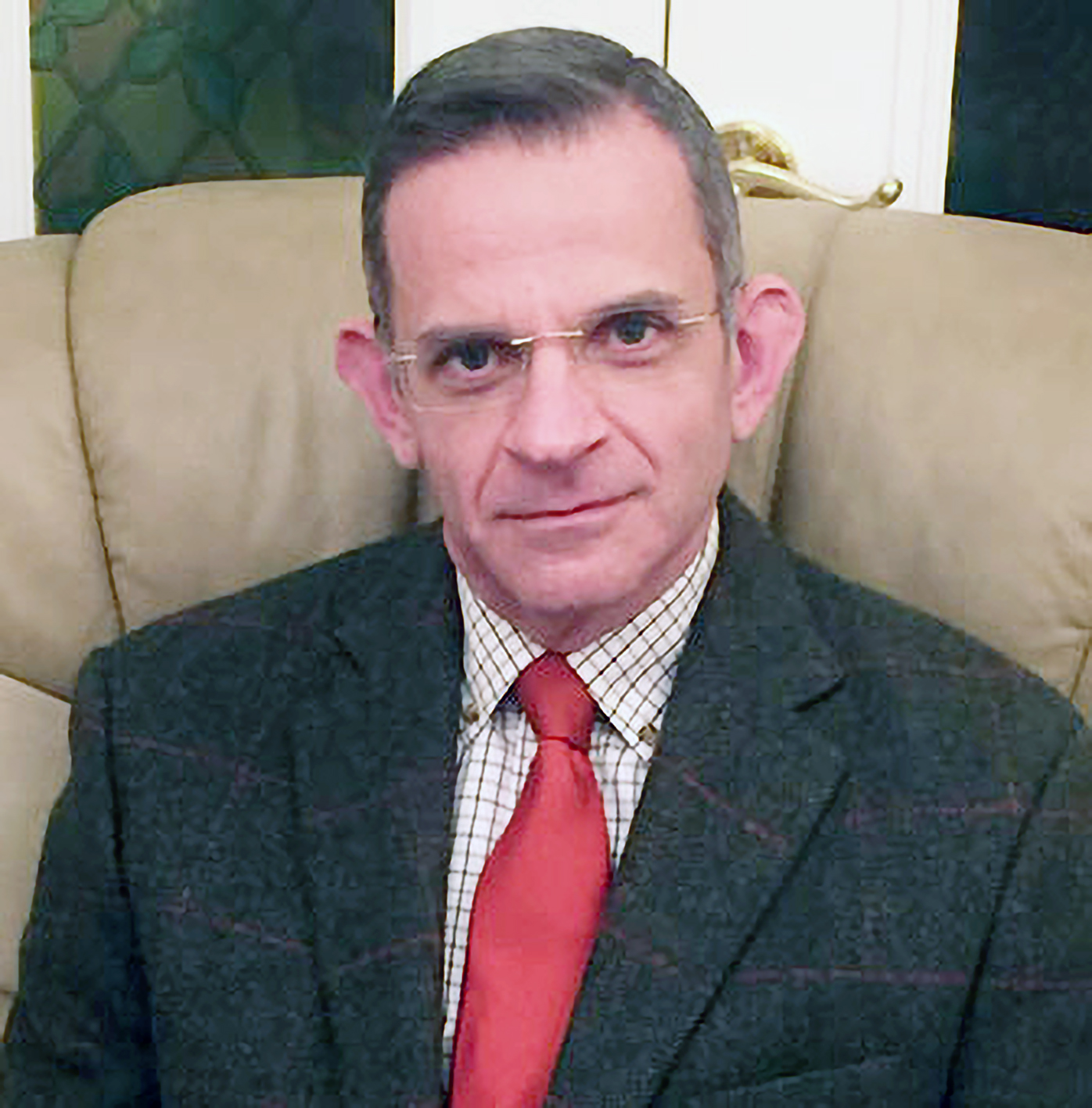Welcome to the latest issue of Heart International. We are delighted to bring you another excellent issue, full of the varied and expert articles that you can expect from our authors. We begin with some exciting news. We are delighted to announce that Heart International has been accepted for listing in PubMed, one of the most widely accessible resources in the world. This reflects our commitment to providing high-quality, topical cardiology content.
Our first review article focuses on the enduring public health issue of atherosclerotic coronary artery disease prevention. Manubolu et al. discuss the clinical evidence in support of the use of omega 3 fatty acids to minimize cardiovascular risk. We also have a review on the subject of atrial fibrillation, where Alsagaff et al. present a five-step algorithm for the management of atrial fibrillation in the emergency department.
Infection with severe acute respiratory coronavirus 2 (SARS-CoV-2) has been associated with numerous cardiovascular manifestations, with myocarditis accounting for some of the cardiac injury reported. Lovell describes the four main myocarditis presentations associated with SARS-CoV-2, their underlying mechanisms and current management strategies. In addition, Hong et al. consider the evolving role of echocardiography during the coronavirus disease 2019 (COVID-19) pandemic.
Mechanical circulatory support devices are commonly used in the treatment of heart failure as bridges to cardiac transplant, as destination therapy for patients who are not transplant candidates, and as bridges to recovery and decision making. Atti el al. review the latest advances in this field. Transcatheter tricuspid valve replacement is another rapidly emerging cardiac device therapy. Romeo et al. review its current status and future directions.
Our attention next turns to cryptogenic stroke, which is associated with concomitant patent foramen ovale. In the first of a multi-part review, Racharla et al. describe the history of patent foramen ovale closure and the clinical evidence in support of its use.
Our final article describes an original research study in which Tejman-Yarden et al. evaluate left ventricular mechanical activation pattern by speckle tracking echocardiography as a prediction tool of response to cardiac resynchronization therapy in patients with heart failure.
Heart Internationalwould like to thank all authors who contributed their expertise towards this edition. A special thanks goes to our Editorial Board for their continuing guidance. We are grateful to all organisations and media partners for their ongoing support. We hope that you will find this edition enjoyable and informative.
Magdi El-Omar
Dr Magdi El-Omar is a consultant interventional cardiologist at the Manchester Heart Centre, and an honorary senior lecturer at the University of Manchester, Manchester, UK. He graduated from St Bartholomew’s Hospital, London, in 1988 and undertook his postgraduate general medical training in London and Oxford. He then completed his general cardiology training in Birmingham, Oxford and Wales, before subspecializing in coronary intervention. The latter included a 2.5-year clinical/research fellowship in interventional cardiology at the Cardiovascular Research Foundation and the New York University Medical Centre, New York, USA. During his time there, he worked closely with leaders in the field, including Drs Greg Stone, Martin Leon, Gary Roubin, Frederick Feit and Aaron Marcus. Dr El-Omar has been involved in research for over 25 years. He undertook a 2-year British Heart Foundation Junior Research Fellowship in basic science (diabetic cardiomyopathy in a rat model) in 1997–1998, which led to the award of an MD degree by the University of London. He has since been actively involved in clinical research, especially in the fields of acute coronary syndromes and coronary intervention. He has authored more than 65 peer-reviewed articles, mostly in high-impact journals. He has been local principal investigator for several landmark, international, multicentre trials (e.g. HORIZONS-AMI, INFUSE-AMI, TOTAL, TWILIGHT, etc.). He is actively involved in education and training and is a course co-director of the International Complex Cardiovascular Catheter Therapeutics Conference in the USA.






